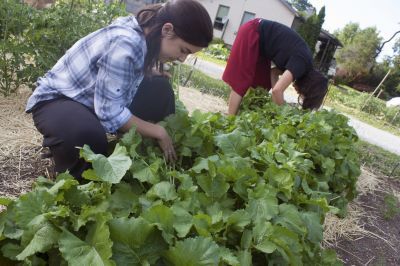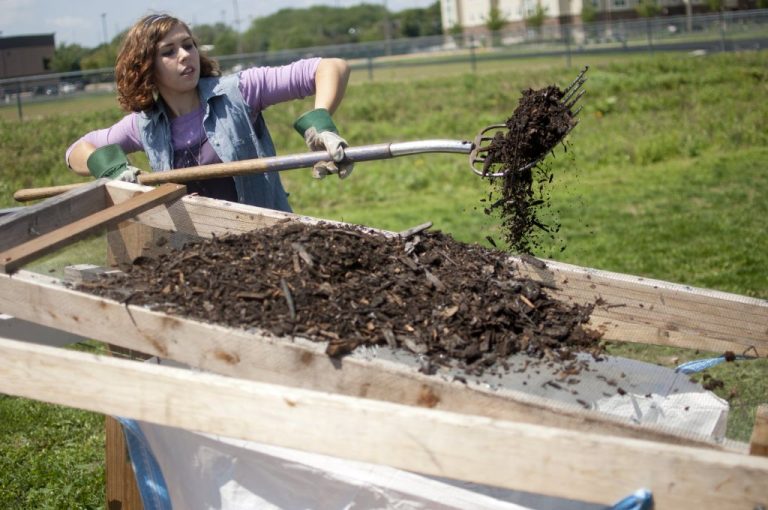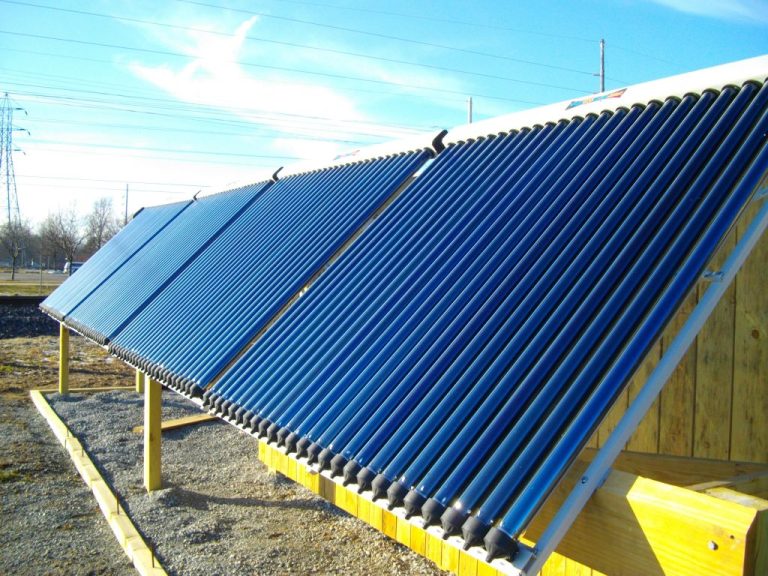Make a donation for Giving Tuesday and have your gift doubled! Give now
As an environmental & marine science major, you can choose to concentrate in ecology or earth & climate science. You’ll take classes on our main campus as well as our Merry Lea Environmental Learning Center, a 1,189-acre nature preserve and field laboratory 30 miles from campus.




